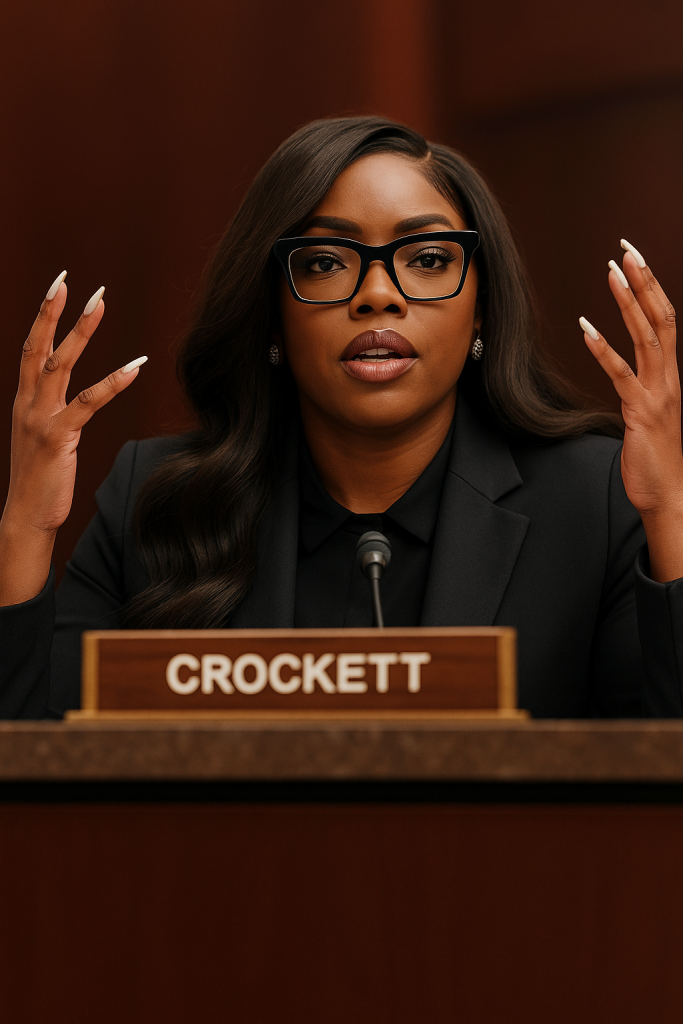Texas Democratic Representative Jasmine Crockett has sparked controversy after remarks made during a recent interview, where she described voters as “uneducated” and suggested that this lack of education leads them to consistently vote against her political preferences.
In the interview published Thursday, Crockett expressed frustration with the voting patterns she has observed, noting that many constituents do not support candidates or policies she endorses. She attributed this to a widespread lack of voter education, saying that voters “don’t vote the way they should because they are uneducated.”
The comments have caused a stir on social media and among political commentators, igniting debates about voter education, political representation, and the responsibilities of elected officials to their constituents.
Crockett, who represents a district in Texas known for its diverse electorate, argued that part of her role as a lawmaker is to better inform the public on policy matters. However, her blunt characterization of voters has been criticized by some as dismissive and condescending.
Supporters of Crockett say her remarks underscore a broader issue in American politics: the need for improved civic education and access to unbiased information to help voters make informed decisions. They point to the increasing complexity of political issues and the growing influence of misinformation as factors that complicate the voting process.
Critics, meanwhile, argue that calling voters “uneducated” is an unfair generalization that undermines the democratic process. They contend elected officials should respect the electorate’s decisions, even when they differ from their own views, and work to engage voters rather than belittle them.
This incident comes amid ongoing discussions nationally about voter engagement and education, especially as the 2024 election cycle gains momentum. Many experts highlight that systemic barriers to information and education can disenfranchise some voters, making the role of representatives in facilitating outreach and civic education even more crucial.
In response to the backlash, Crockett’s office issued a clarification statement emphasizing her commitment to voter education and asserting that her intention was to highlight the critical need for accessible and comprehensive political information rather than disparage voters personally.
The exchange has also reignited conversations about political polarization in Texas and across the country. As certain districts and states grapple with sharply divided electorates, the challenge of bridging ideological gaps while respecting differing opinions remains a defining dilemma for lawmakers.
Ultimately, Crockett’s remarks have spotlighted the tension between elected officials’ expectations and voters’ choices—a dynamic that will likely continue to shape political discourse leading up to November’s elections.
As the debate unfolds, many are calling for a renewed focus on nonpartisan voter education initiatives and efforts to foster civil dialogue between representatives and their constituents. Whether Crockett’s comments will prompt meaningful changes in how voter education is approached remains to be seen, but they have unquestionably raised important questions about democracy and representation in modern America.



